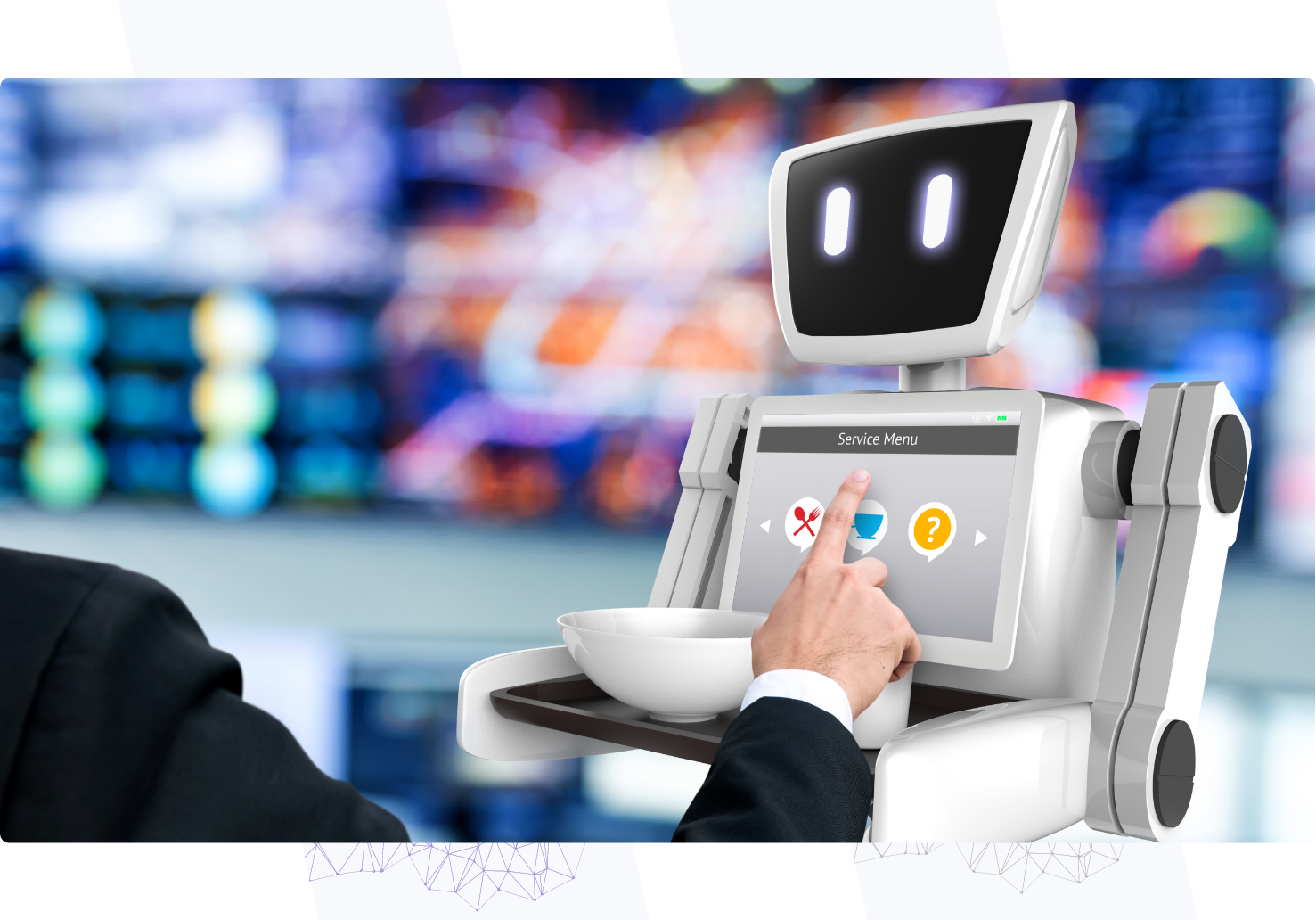The benefits of data science in most industries can no longer be understated. Deliver high-quality product, optimize the supply chain and increase customers loyalty in your food business.
The food and beverages industry is one of the sectors that has experienced the most changes since the last century, when consumption habits were modified to make way for processed foods and their mass production. Today, this industry is facing another process of change and opportunity with Data Science.
If Big Data has revolutionized the production processes of the most important sectors, the food and beverages industry could not be the exception. Data Science has had benefits in customer service, quality control and improving the operational efficiency of these companies.
Aspects that data science can improve in the food and beverages sector
• Customer service
Through techniques such as language processing, it is possible to categorize customer responses as positive, negative or neutral and with this implement strategies to improve the consumer experience.
• Quality assurance
For processed foods, maintaining a consistent taste and appearance in all your products is a must. Data Science is responsible for analyzing the factors involved in the above (such as the quantity, quality and storage of ingredients) to prevent possible problems in the quality and safety of food.
• Operating efficiency
One of the big problems, not only in the food and beverages industry but in the whole world, is the enormous waste of food that happens in these companies. With Data Science and through the algorithms it provides, companies have been able to analyze market trends that are reflected in demand, effects of temperature and storage on the quality of products and other factors that cause food waste. and they mean losses not only for companies but for the planet.
Other areas of application for data analytics in companies
Data Analytics offers solutions for almost all areas of the company. This includes methods of developing new approaches and instruments for controlling the company, as well as the provision of solutions in corporate planning, price and volume planning, supplier evaluation, invoice verification and increasing the efficiency of corporate processes.
Finance and accounting
Finance Analytics supports forward-looking action and accelerates processes. It helps to
• Recognize risks in good time
• To interpret performance deviations
• to tap new potential
• Shaping processes
• Identify tax risks.
Regulation
Risk & Regulatory Analytics optimizes risk management and improves the external impact. It helps to
• Identifies deviations from internal and external regulations
• Supports bookkeeping through journal entry testing and statistical tests
• Enables internal control systems as well as fraud detection and prevention using ad-hoc analyzes and continuous monitoring
• Enables the use of anti-trust and data privacy applications
• Supports analyzes of company processes with regard to effectiveness, efficiency and compliance.
Customer relationships
Customer Analytics enables sales maximization through differentiated Customer Relationship Management (CRM). It helps to:
• Identify potential sales opportunities
• Analyze customer behavior and customer relationships efficiently
• Identify customer churn risks in good time
• Initiate targeted marketing campaigns for customer loyalty and new customer acquisition
• Improve products and optimize pricing.
Human resource management
Workforce Analytics supports human resources strategies by
• Processes in personnel management are optimized
• the recruitment and retention of talent is encouraged
• data-driven decision-making processes (e.g. for employee safety) are supported.
Sales control
Supply chain analytics enables predictions to be made with regard to requirements planning, procurement processes, production and distribution processes. This includes:
• insight into the entire supply chain: from demand to all aspects of sales
• Cost savings in purchasing
• the early detection of potential faults
• well-founded demand forecasts
• optimizing logistics.
Big data application areas
There is certainly potential for Big Data Analytics in more application areas than is currently conceivable. The existing projects and ideas are just the beginning:
• Real-time evaluation of sensor data in the car, which could significantly reduce the risk of accidents in traffic.
• Real-time evaluation of live images from surveillance cameras in combination with forecasts as well as Twitter and cellular data for the detection of critical situations at major events.
• Analysis of financial transactions to detect fraud
• Aircraft engines send data streams to the control center, where they are evaluated in real time. Faults can be recognized immediately.
• Big data analytics can help identify the best treatment options for patients.
Some of our leading data analytics tools at HData Systems
-
Domo
-
Qlik
-
Tableau
-
Birst
-
GoodData
-
SiSense
-
Grow
-
Cyfe
-
Geckoboard
-
Klipfolio




